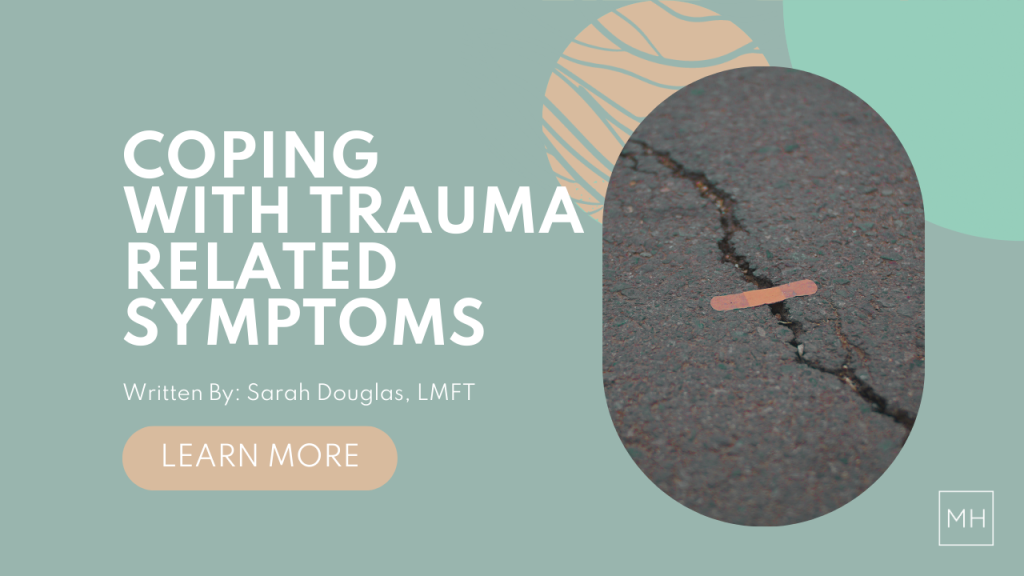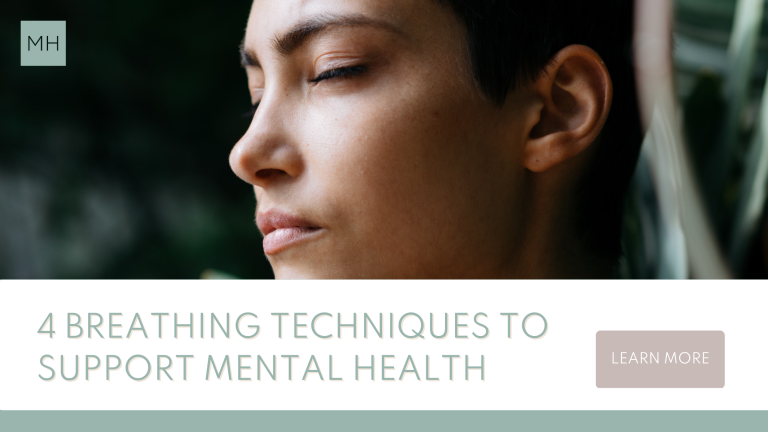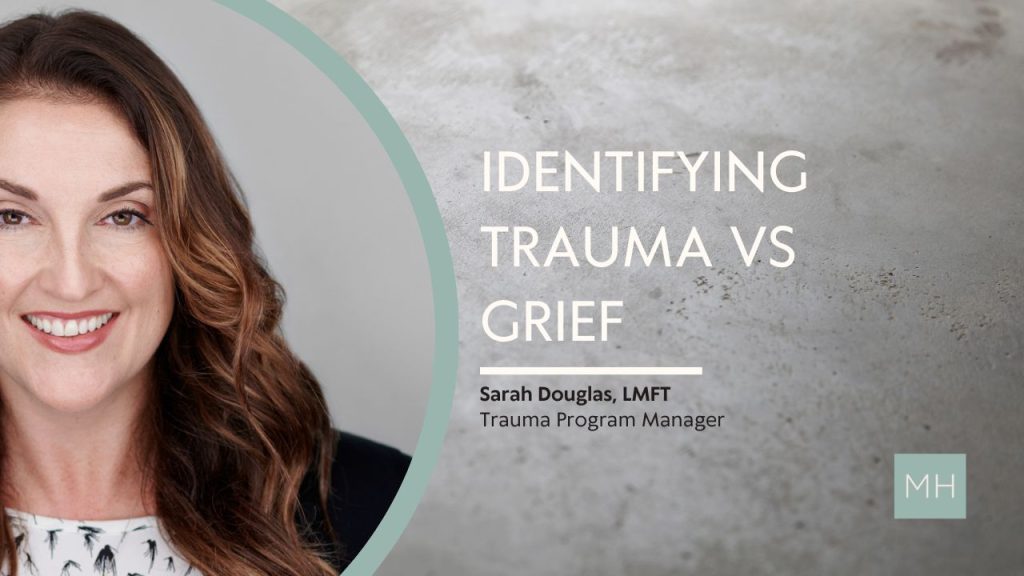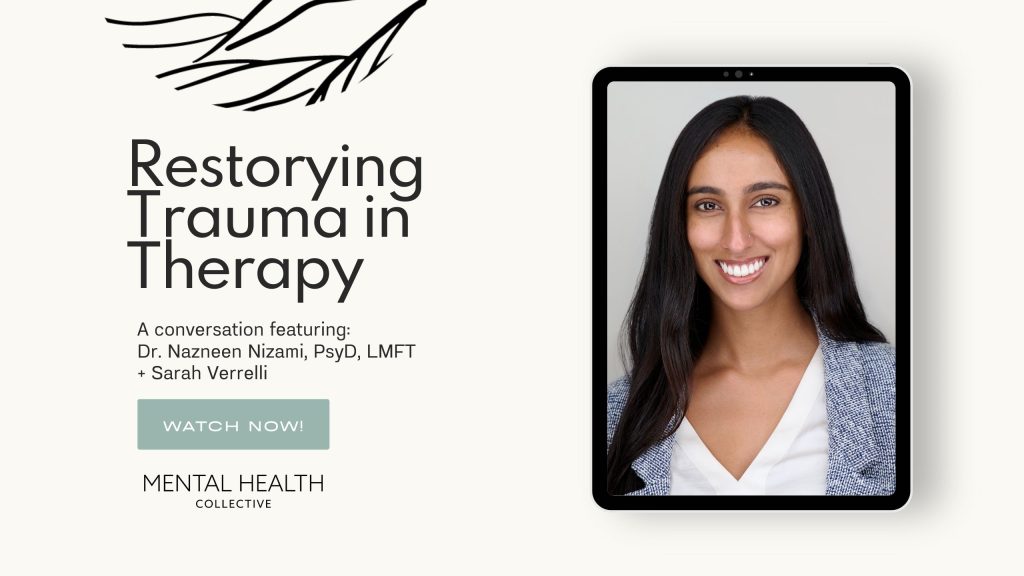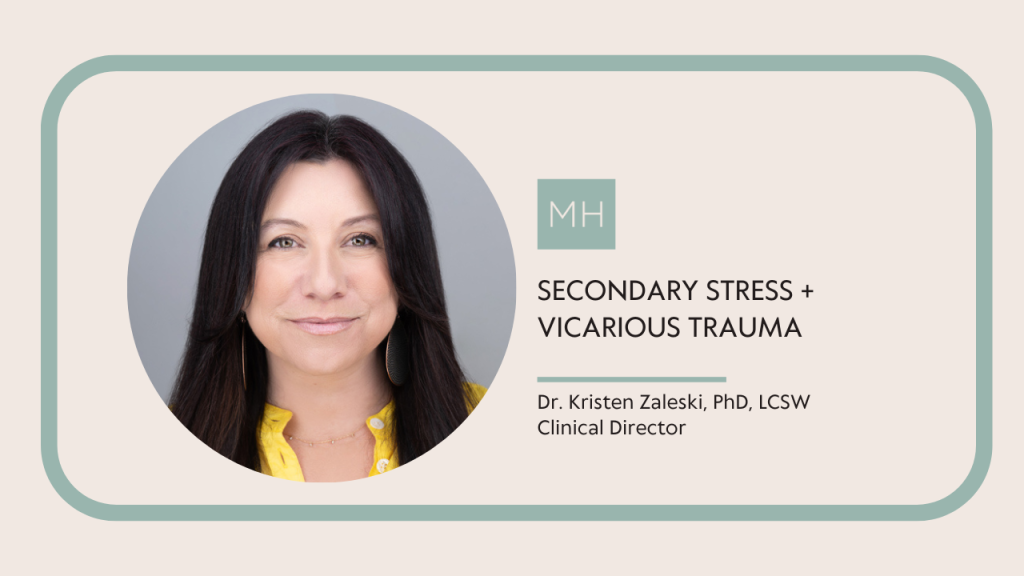COPING WITH TRAUMA RELATED SYMPTOMS
A trauma is a scary and disturbing event where safety is threatened. Trauma can be experienced directly, such as sexual assault/rape, combat, child abuse, intimate partner violence, being in a serious car accident, or a natural disaster. Traumas can also be terrible events that are witnessed. For example, murder, suicide, serious injury, or exposure to dead or injured bodies.
Experiencing a trauma is emotionally and physically upsetting. In fact, all people experience this upset right after trauma. However, trauma related symptoms look different for every person based on the experiences they have had prior to a traumatic event. Symptoms might be caused by one trauma or many traumas over your lifetime. Because trauma can be a difficult and overwhelming experience, it is important to have a range of coping strategies available to help manage your emotions and reactions. Below are tools to help you cope with trauma related symptoms.
SEEK SUPPORT from a trusted friend, family member, or therapist who can provide a safe space to speak about what you are experiencing. A safe and trusted person will be non-judgmental, supportive, understanding and validating; sharing your feelings with someone like this can provide a sense of relief and help you feel less alone.
MAINTAIN ACTIVITIES of daily living. Trauma related symptoms can be overwhelming, consuming, and make self-care a challenge. The following are some of the ways to reduce vulnerability to trauma related symptoms:
- Treat physical illness, go to the doctor when necessary, and take medications as prescribed.
- Avoid mood-altering substances like alcohol and drugs, that can exacerbate symptoms. Caffeine can also increase symptoms of anxiety.
- Fuel your body with a nutritious diet.
- Maintain a consistent waking and bedtime routine, eliminating anything that will disrupt this process, for example, drinking caffeine after 2 pm.
ENGAGE IN SELF-CARE activities. The overwhelming nature of trauma related symptoms, and the physical exhaustion can cause individuals to give up their self-care first. Taking care of your physical and emotional well-being is important for managing the effects of trauma. Try to engage in activities that bring you joy, or at one time brought you joy, such as hobbies, exercise, or spending time with loved ones. Getting active and engaged in these activities can reduce vulnerability to trauma related depressive symptoms.
USE RELAXATION TECHNIQUES. Muscle tension and headaches are common physical symptoms of trauma that go hand in hand with constant feelings of anxiety. Because the mind and body are connected, physical relaxation can decrease both physical and emotional discomfort caused by trauma. Some relaxation techniques to consider are:
- deep breathing
- meditation
- progressive muscle relaxation
All interventions can help reduce stress and calm the mind. It can be helpful to learn these skills with a therapist, who can model and then facilitate the intervention. There are many self-help resources, such as books, apps, and YouTube videos.
SEEK PROFESSIONAL HELP. While support from friends and loved ones is beneficial, it is not a substitute for professional help. Working with a licensed therapist or counselor who has education, training, and experience can provide you with specialized treatment for trauma. There are several evidence-based practices proven effective in treating and reducing trauma related symptoms. Working with a skilled clinician can equip you with the coping skills you will need to manage your emotions and reactions. Trauma focused therapy happens in phases. The first phase is developing coping skills, so that you can move on to the deeper work of processing and healing from traumatic experiences.
USE SELF EXPRESSION as an outlet. Carrying the weight of trauma can be overwhelming and finding healthy ways to get relief can be helpful. Journaling, art, dance, yoga, and psychodrama can all be used to process your experiences and emotions. Journaling can be particularly helpful because in addition to processing it can help you gain clarity and insight into your feelings.
Remember, trauma is a scary and disturbing experience, healing is a process with no predetermined timeline. It may take time to work through your experiences and develop effective coping strategies. Be patient with yourself and know that it is okay to ask for help when you need it, even if you think you don’t need it.
STUCK IN TRAUMA
It is considered normal to experience feelings of upset after a trauma. However, sometimes people get “stuck” in these symptoms and they do not go away with time lasting months, years, or even decades. This is what we call Posttraumatic Stress Disorder (PTSD). Trauma can also cause Panic Disorder, Depression, Eating Disorders, Substance Use Disorders, etc..
POSTTRAUMATIC STRESS DISORDER
PTSD looks different for every person, but generally, people have at least one or two symptoms across four different groups. You may identify with all the symptoms we cover, or just some of them. Your symptoms might be caused by one trauma or many traumas over your lifetime. Understanding what trauma and PTSD look like for you will help you to cope more effectively with symptoms when they occur. If you have some of the symptoms, but not enough to be diagnosed with PTSD, then the diagnosis of Trauma Related Disorder is used.
Remember, coping with trauma is a process and it is important to be patient with yourself. It may take time to work through your experiences and develop effective coping strategies. It is also important to recognize that it is okay to ask for help when you need it.
Written By: Sarah Douglas, LMFT | Trauma Program Manager at The Mental Health Collective
DO YOU HAVE A QUESTION?
Send our team a message or call 888.717.9355
